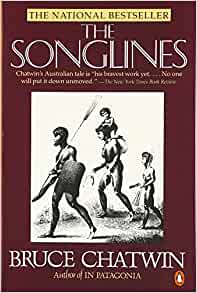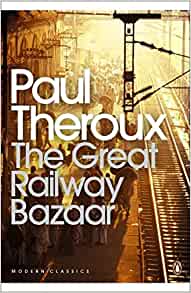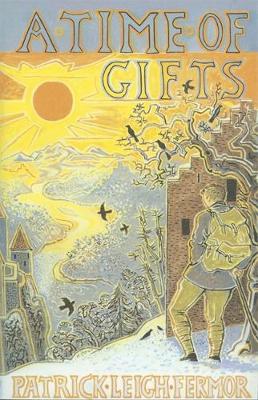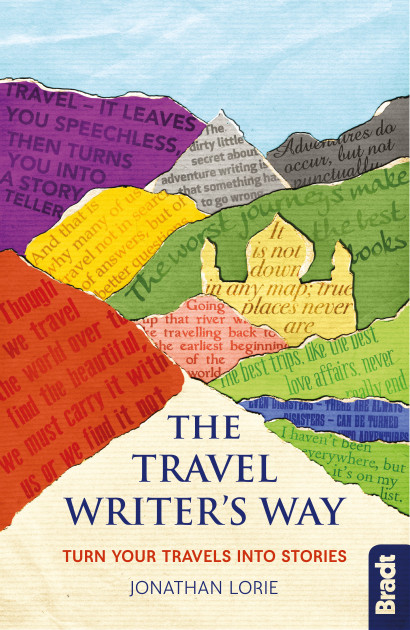In this new series, travel-writing trainer Jonathan Lorie introduces the classic travel books on his shelf and explains how these can inspire your own traveller’s tales. This week: books about people.
The great travel writer Colin Thubron once told a classroom of my writing students that his books are not in fact about foreign places but about the people he’s met out there – about their lives and cultures, the differences from us and the human similarities. In these dull days when all of us are locked indoors, travel writing offers a wonderful way of meeting strangers and learning about their worlds. Here are three classics from my bookshelf that revel in the fun and fury of human interaction:
The Songlines, by Bruce Chatwin
Gossipy, catty, piercingly perceptive, Chatwin was a master at describing people and their lives in just a few words and then using these to drive his stories.
This book begins with a man who becomes his travelling companion and expert guide, on a trip through the myths and sites of Australia’s Aboriginal peoples. The fellow traveller is a typical device for a travel tale, adding interest when the journey flags.

The Great Railway Bazaar, by Paul Theroux
A classic of modern travel, this book electrified the genre in the 1970s with its fiction-writer’s gift for characters. Theroux catches a series of trains heading east from London to Tokyo, enlivening the tale with the people he meets.
Their quirks, thoughts, fears and desires are brilliantly brought to life and used to portray the countries he travels through.

A Time of Gifts, by Patrick Leigh Fermor
A glittering memoir of a walk through Europe, starting in December 1933 just before World War II changed it all.
In prose of sumptuous richness, Fermor captures a vanished almost feudal world through the people he meets – peasants in barns, nobles in castles, bargemen and bargirls and Nazi blackshirts. The real gift of this book is his uncanny ability to meet and remember characters.

Tips from a travel writer
For anyone who’s thinking of writing their own travel stories, my top tip would be to think about who you can include. Maybe start with the most compelling character you’ve ever met overseas, and write a scene about them – perhaps where you met, or a striking thing you did together. The action and interaction could spark an entire tale, widening out like a movie from a close-up of a person to a wide-shot of their world and then the action that follows.
Remember the golden rule for describing major characters: the reader wants to meet them, to picture how they look and to hear the way they speak. These are details that create and reveal character, that show what they are like. And the speech can be a gold mine for a writer, as the person discusses the things they care about – their work, family, hopes, fears. These are fascinating on a human level and, in Thubron’s sense, they can build a picture of an entire culture.
To gather details like this is not straightforward. In normal conversation, especially with strangers and even more so if you are British, our tendency is to shy away from asking leading questions. But a writer has a splinter of ice in the heart, as Graham Greene once said, and finding out the detail of people’s lives just goes with the job. So when you’re on the road, try pushing yourself to ask a little more. You can always excuse yourself by explaining that you’re writing about their town or profession or some such – and often you’ll find that a polite interest on your part will open many doors.
Next thing you know, you’ll be invited out fishing, or told their whole life story, or – as Patrick Leigh Fermor found out – offered a room and an entree to a world unlike your own.
More information
Jonathan Lorie is the author of The Travel Writer’s Way: turn your travels into stories (Bradt, £14.99), the ultimate handbook for aspiring travel writers. He teaches travel writing at www.travellerstales.org.
